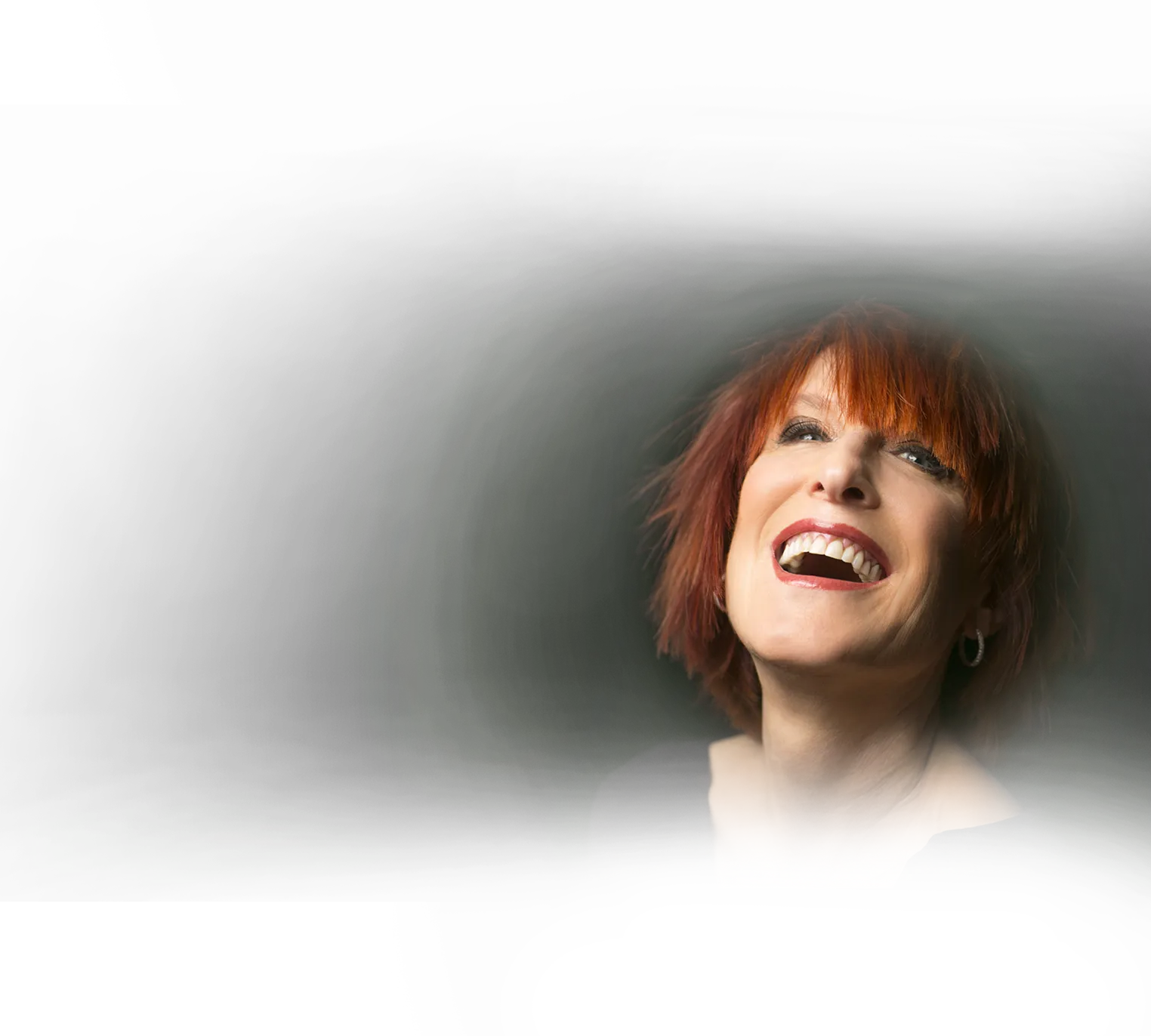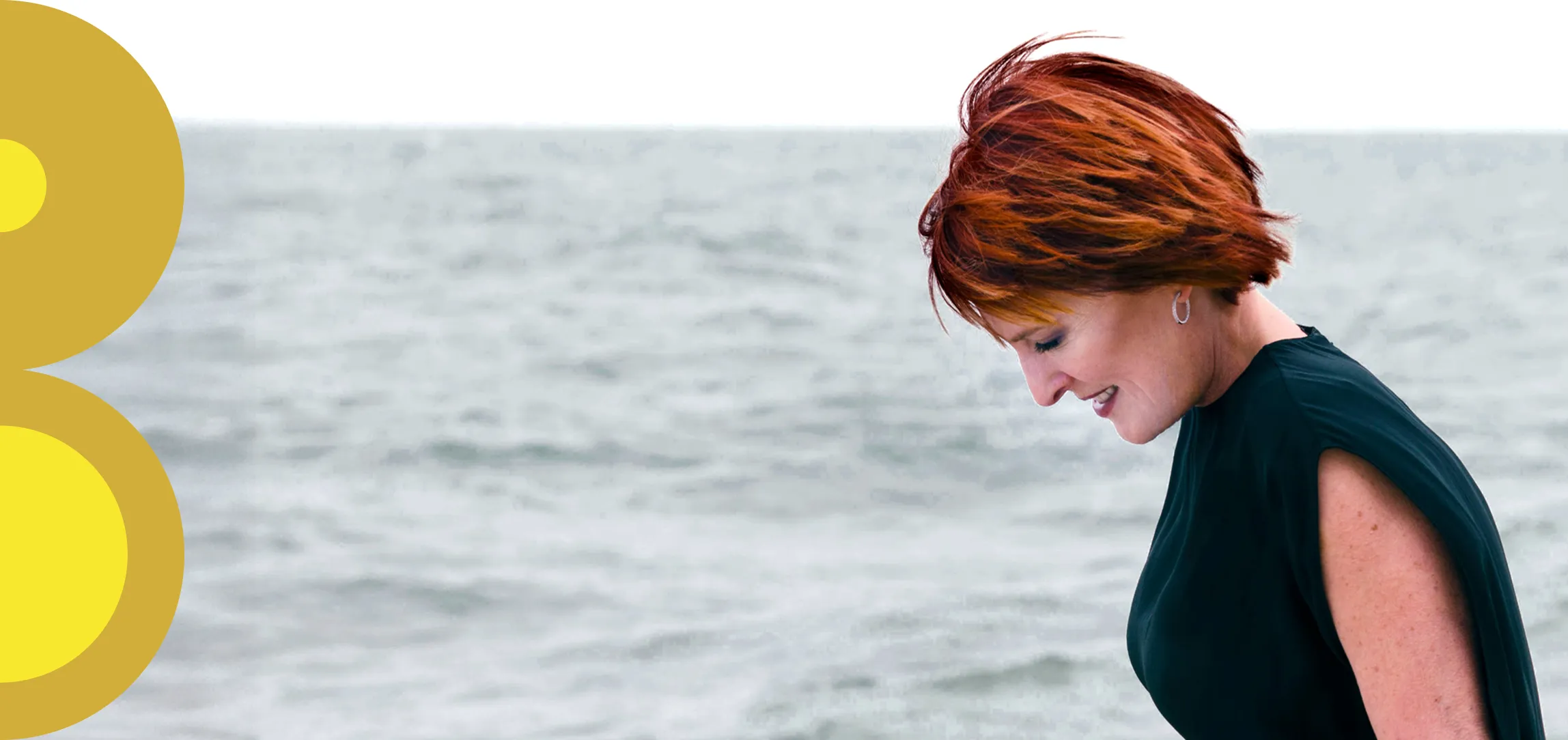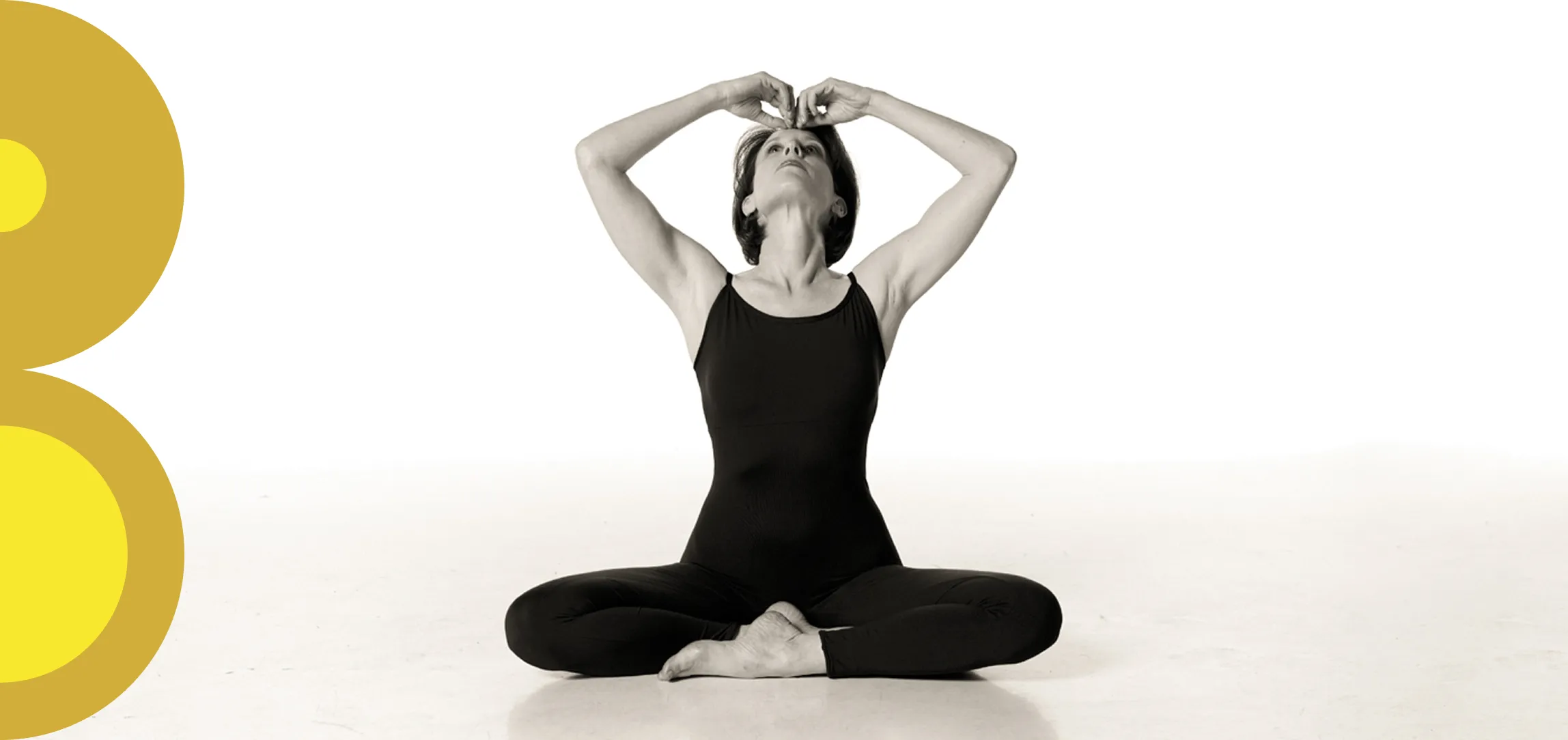Making conversations, collaborations and systems more conscious, connected and human

Influential force,
more than a lifestyle brand
Who is BijaB?

Turns ideas into action
Trusted by Fortune 500 companies, global summits and cultural institutions, BijaB brings health and wellness leadership, a collaborative vision and a rare mix of insight and human depth to projects. She works with a network of partners, strategists, designers and writers spanning business, wellness and science.


Meet
Bija Bennett
Bija Bennett is an author, speaker, wellness pioneer and strategist who connects big ideas to real-world change. With a background spanning mind-body health, global wellness and creative production, Bija is a performer, disruptor, lifestyle guru, producer and leader of life-enhancing research.
Creator of the Bennett Family Award for Collaboration in the Science of Wellness, Bija helps shape a new wellness paradigm for people, culture and planet.


Why leaders choose BijaB
Shapes the Vision
Turns big ideas into clear, actionable strategies
Unifies the Room
Aligns partners, stakeholders and resources
Leads with Wellness
Infuses initiatives with a human lens and vision

Work with BijaB
From building wellness programs for global brands to shaping conversations at the intersection of science, climate, aging, lifestyle and emotional health, BijaB unites a diverse network of partners and experts to help organizations maximize human well-being.
.webp)

















